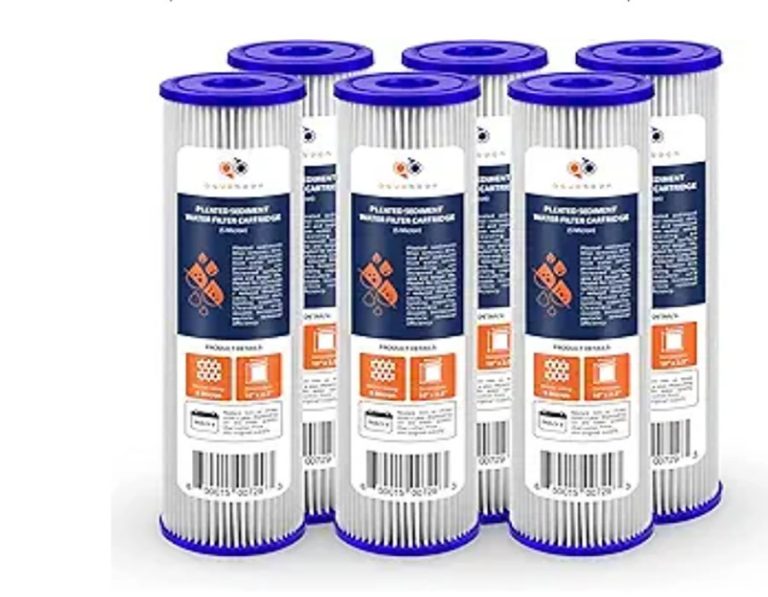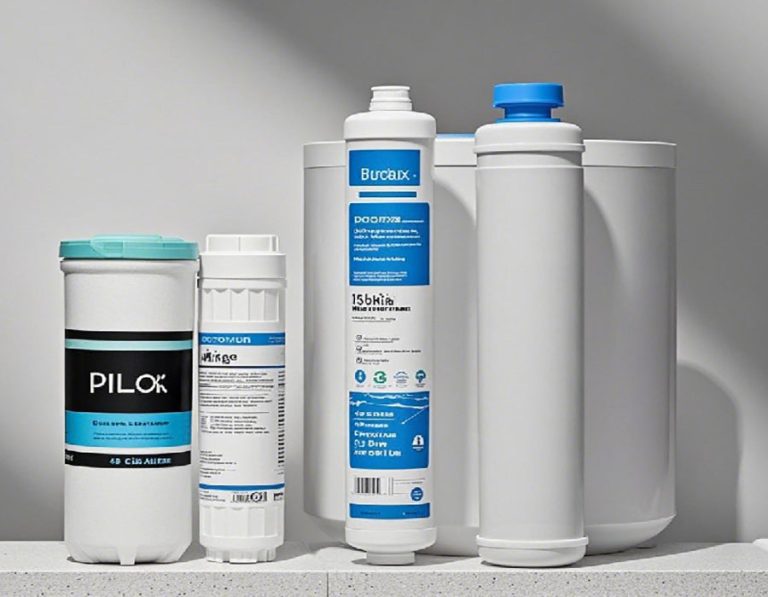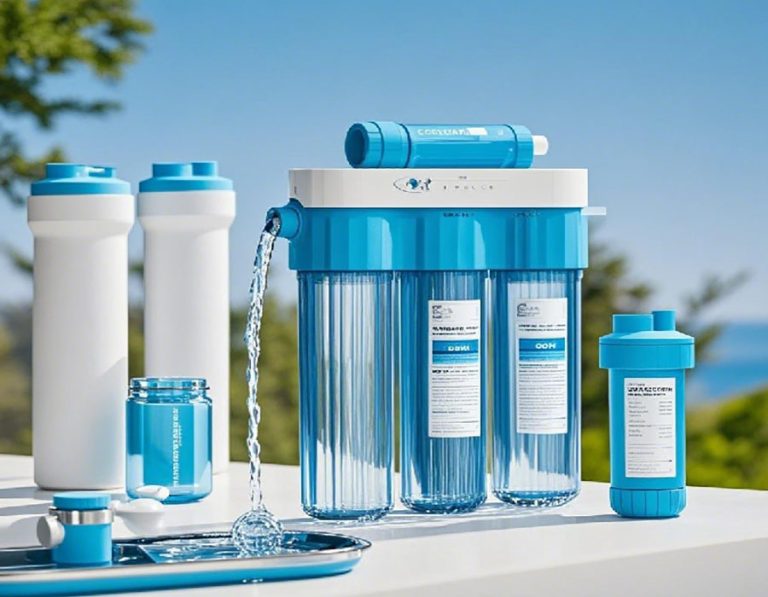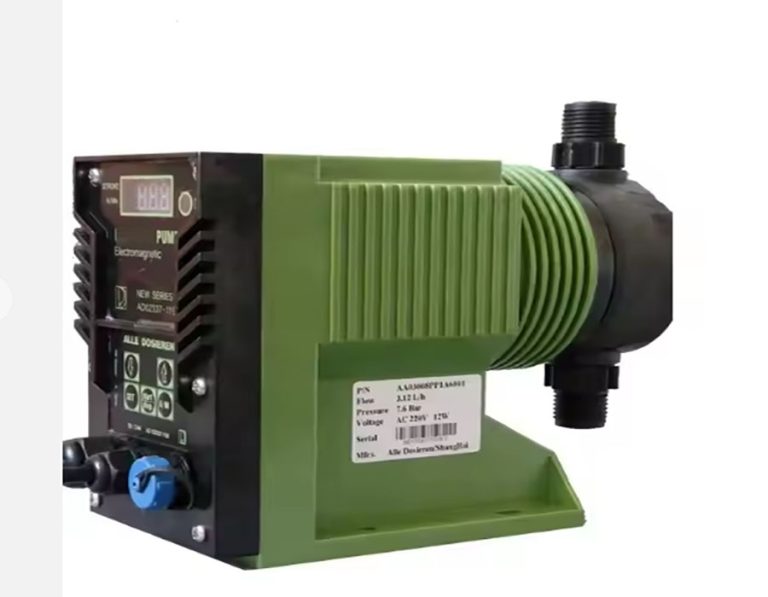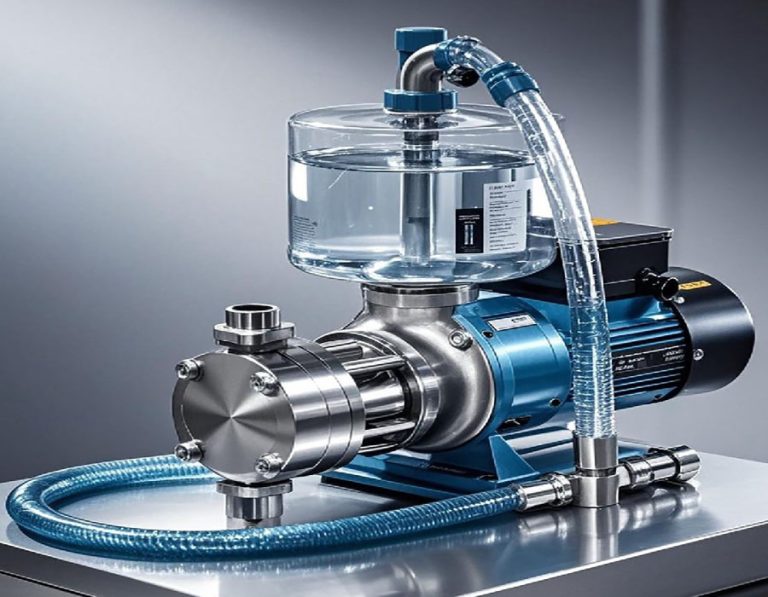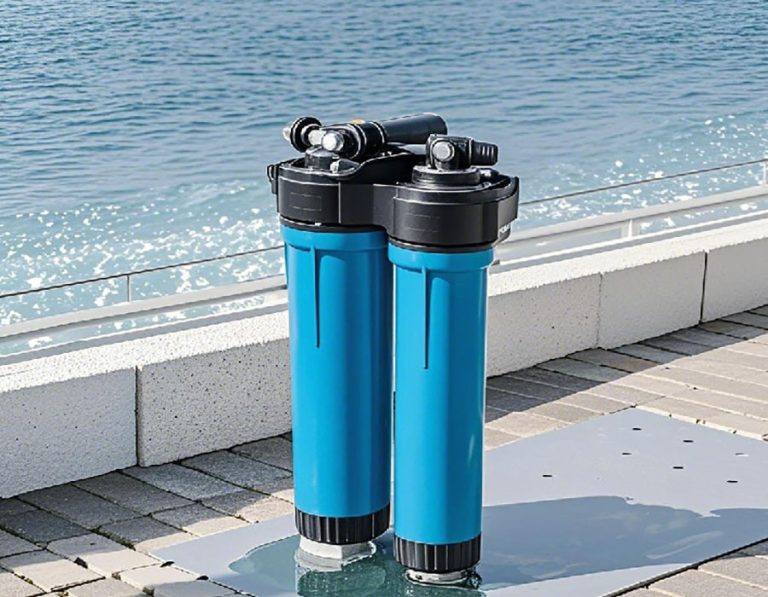One stop supplier of water treatment parts&accessories
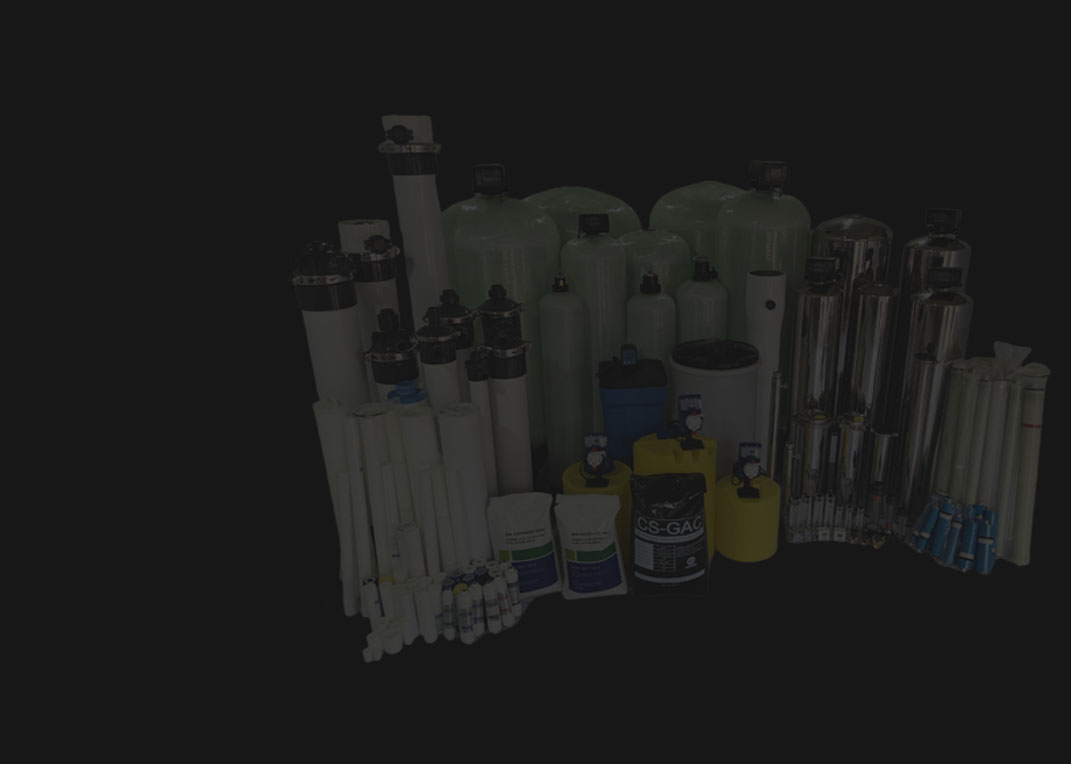
Boost Efficiency & Precision with Industrial Dosing Pumps: Optimize Processes and Minimize Waste
Dosing pumps serve as indispensable tools powering countless machines in industrial processes. This article explores their key roles, applications, benefits, and the reasons they are essential in various industries. By the end, you’ll understand that “dosing pump” isn’t just a term; they form the backbone of many efficient and effective industrial processes.
First, dosing pumps are designed to measure and dispense precise amounts of liquid chemicals or other fluids. They work by delivering small, controlled volumes of fluid at regular intervals, ensuring consistency and accuracy in industrial applications. Whether it’s adding additives to manufacturing processes, treating water, or dosing fertilizers in agriculture, dosing pumps play a vital role across diverse sectors.
Moreover, dosing pumps’ versatility makes them a necessity in various industries. For example, in municipal and industrial water treatment plants, operators use them to add chemicals like chlorine, fluoride, or pH adjusters to ensure water safety and quality. In the chemical processing industry, precisely dosing catalysts, inhibitors, and other chemicals is crucial for maintaining optimal reaction conditions and product quality.
In the pharmaceutical industry, dosing pumps are also of great importance. Pharmaceutical workers use them for accurate and sterile fluid transfers, ensuring the potency and safety of medications. In agriculture, farmers rely on them for precision farming, delivering nutrients, pesticides, and fertilizers in controlled amounts to optimize crop yield and minimize environmental impact. Finally, in the food and beverage industry, producers use dosing pumps to add preservatives, flavors, and colors, ensuring consistent product quality and taste.
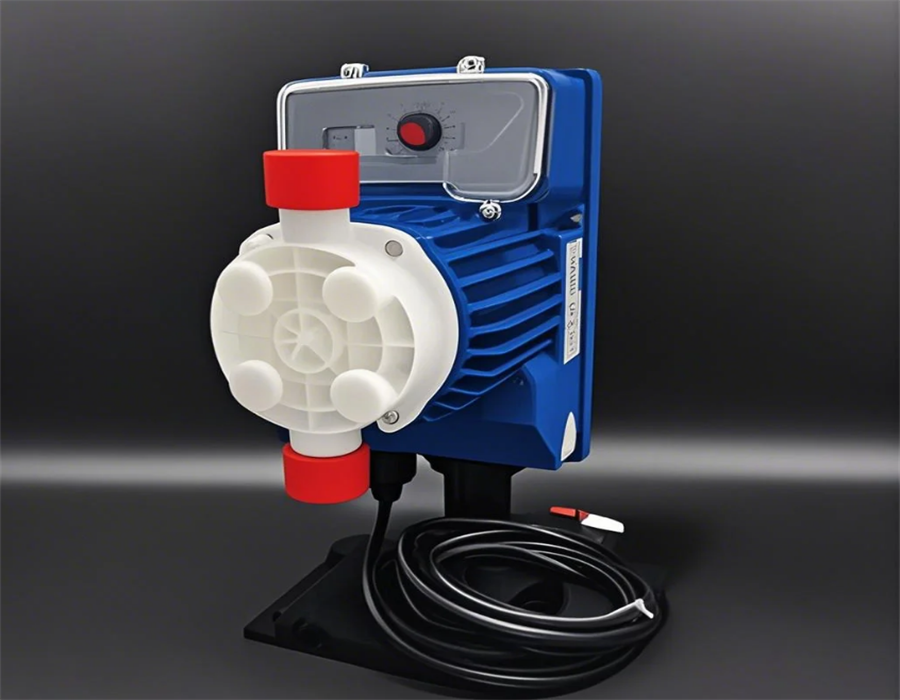
Moreover, the importance of dosing pumps cannot be overstated, and their benefits are manifold. Firstly, they deliver exact volumes of fluid, reducing waste and ensuring process reliability. Secondly, by minimizing over-dosing and under-dosing, they help optimize chemical usage, reducing operational costs. Additionally, accurate dosing minimizes the release of harmful chemicals into the environment, contributing to sustainable practices.
Available in various configurations and materials, they can handle a wide range of fluids, from thin liquids to viscous chemicals. Furthermore, many modern dosing pumps are equipped with sensors and controllers, enabling seamless integration into automated systems for enhanced productivity.
How to choose?
Given their numerous applications and benefits, selecting the right dosing pump for your needs is crucial. When choosing, consider the following factors:
Fluid Characteristics: The viscosity, corrosiveness, and abrasiveness of the fluid will dictate the pump type and materials of construction.
Flow Rate and Pressure Requirements: An accurate assessment of your process needs will help in choosing a pump that meets both the flow rate and pressure specifications.
Control Options: From manual to fully automated systems, the level of control required will influence your pump selection.
Maintenance and Service: Easy access for maintenance and the availability of service support are essential factors for long-term operational efficiency.
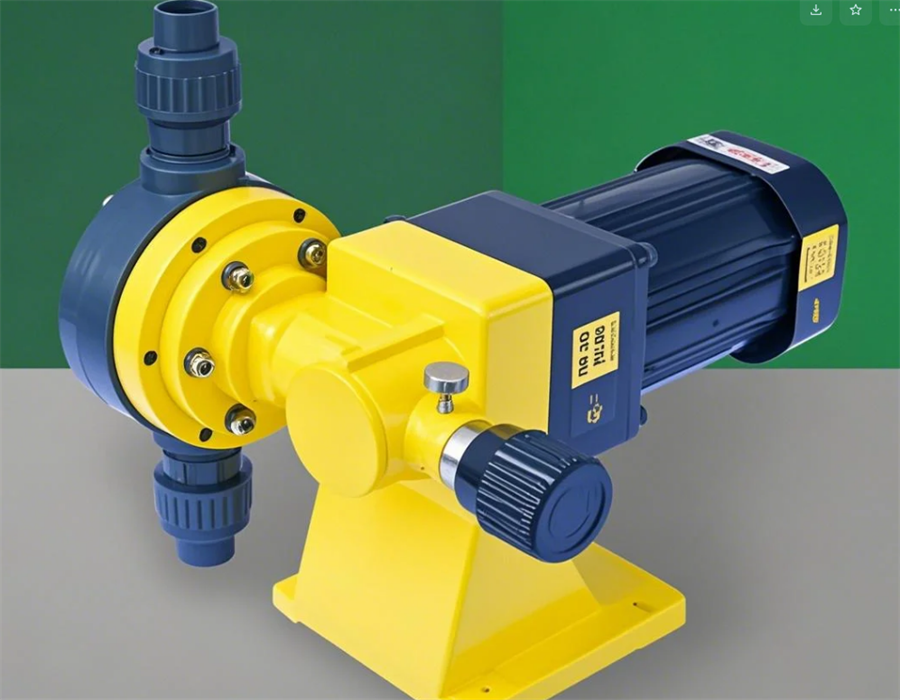
Future
As technology advances, so do dosing pumps. Innovations in materials, sensors, and control systems are driving the development of smarter, more efficient pumps. For example, modern dosing pumps offer real-time monitoring and predictive maintenance, further enhancing process reliability and reducing downtime.
Conclusion
In conclusion, dosing pumps are not just machines; they are the engines driving precision and efficiency in countless industrial processes. From water treatment to pharmaceuticals, their role is indispensable. By understanding their importance, selecting the right pump for your needs, and staying informed about the latest advancements, you can harness the full potential of dosing pumps to optimize your operations.


